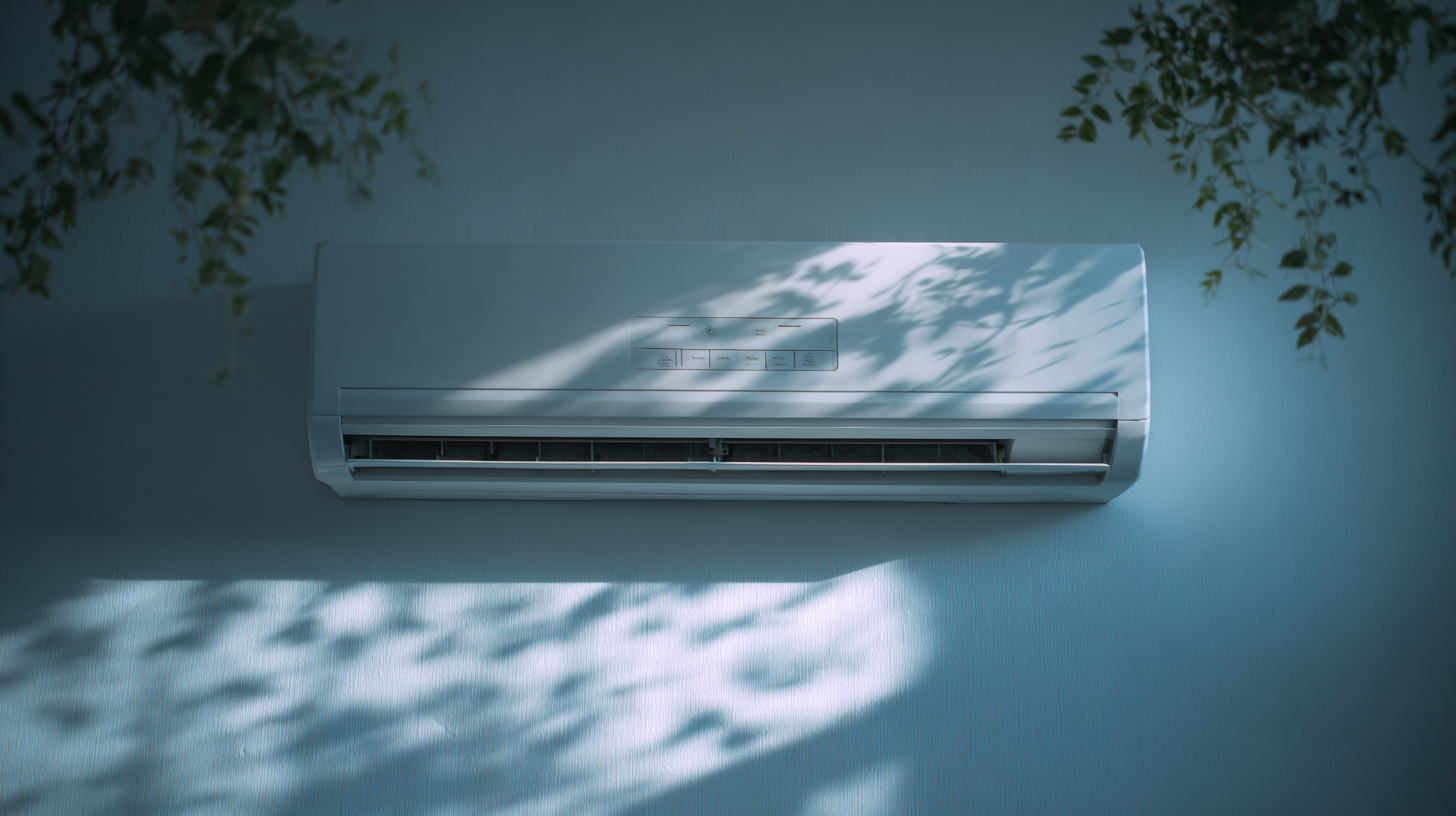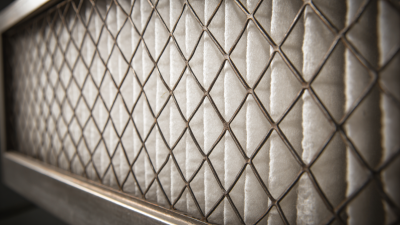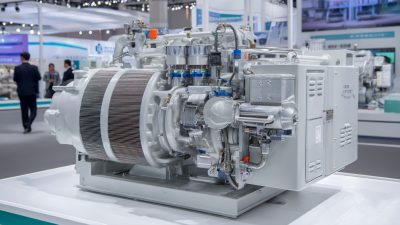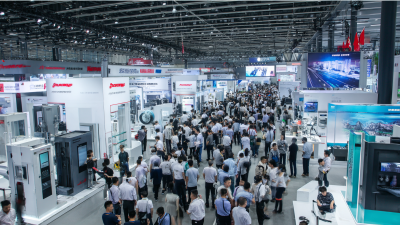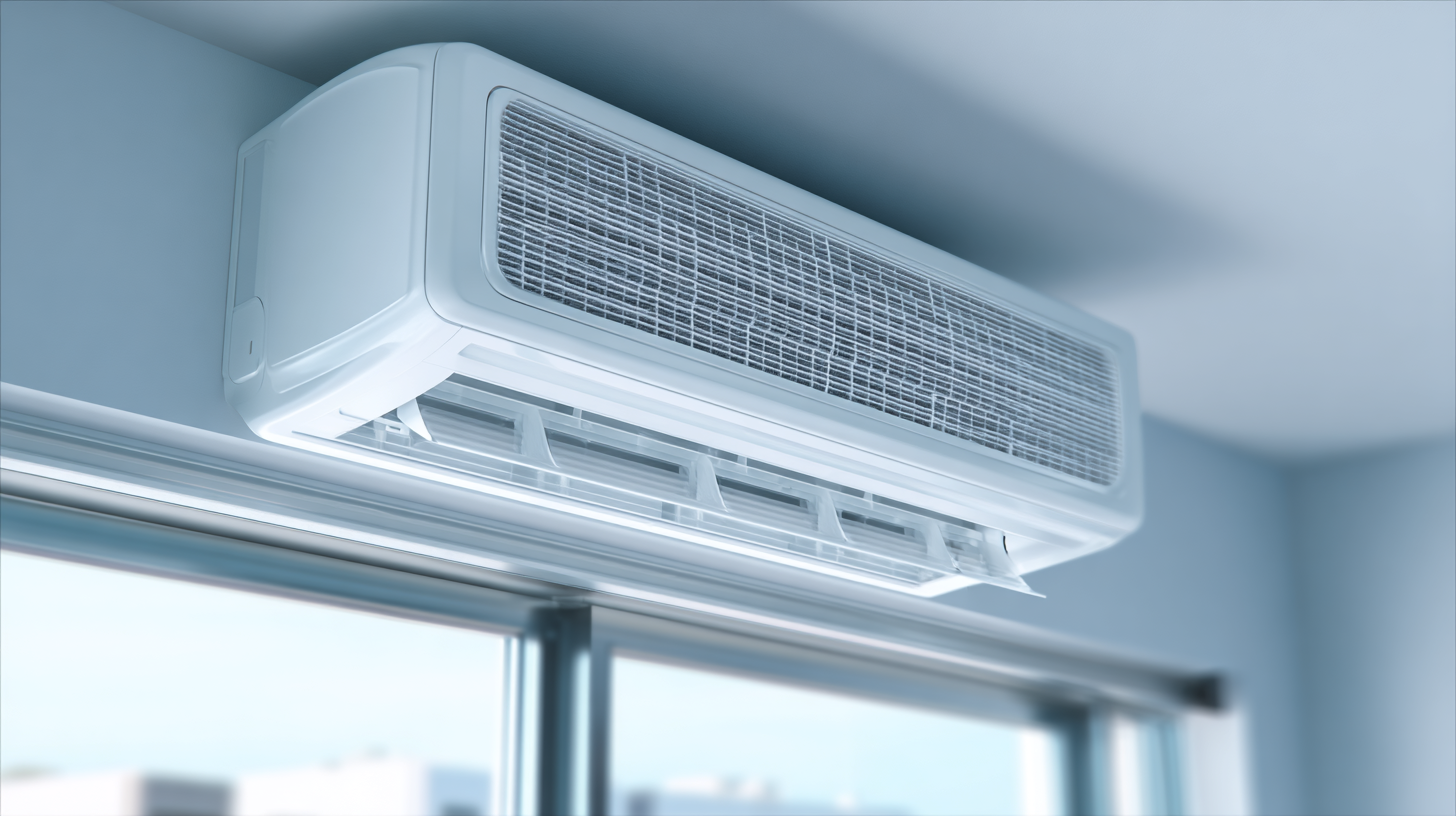 Choosing the right air conditioning filter is crucial for maintaining a comfortable and healthy indoor environment. According to the U.S. Environmental Protection Agency, indoor air can be up to five times more polluted than outdoor air, making the role of high-quality air conditioning filters even more significant. A properly chosen Air Conditioning Filter can effectively trap airborne particles, allergens, and pollutants, which are especially important for households with respiratory issues or allergies. Studies have shown that upgrading to a higher efficiency filter can reduce dust and allergens by up to 90%.
Choosing the right air conditioning filter is crucial for maintaining a comfortable and healthy indoor environment. According to the U.S. Environmental Protection Agency, indoor air can be up to five times more polluted than outdoor air, making the role of high-quality air conditioning filters even more significant. A properly chosen Air Conditioning Filter can effectively trap airborne particles, allergens, and pollutants, which are especially important for households with respiratory issues or allergies. Studies have shown that upgrading to a higher efficiency filter can reduce dust and allergens by up to 90%.
With a variety of filter types, sizes, and MERV ratings available, understanding the specific needs of your system and home is essential for optimal performance. This guide will serve as an ultimate resource to navigate the complexities of air conditioning filters, ensuring that you make an informed choice that improves air quality and extends the life of your HVAC system.
When it comes to maintaining a comfortable indoor environment, selecting the right air conditioning filter is crucial. There are several types of filters available, each with its own efficiency ratings that determine how effectively they remove contaminants from the air. The most common types include fiberglass filters, pleated filters, and HEPA filters. Fiberglass filters are the least expensive and best for large particles, but they offer minimal filtration efficiency. Pleated filters, on the other hand, capture smaller particles, including dust and pollen, making them a better choice for allergy sufferers.
HEPA filters are regarded as the gold standard for air filtration, capable of trapping up to 99.97% of airborne particles that are 0.3 microns and larger. This makes them ideal for homes with pets, allergies, or respiratory concerns. However, it’s essential to consider the efficiency ratings (MERV ratings) when selecting a filter. Filters with higher MERV ratings provide better filtration but may also restrict airflow if your system isn’t designed to handle them. Understanding your specific needs and evaluating the filtration capabilities of different filters will ensure you choose the best option for your home.
When selecting an air conditioning filter for your home, understanding MERV ratings is crucial for maintaining optimal air quality. MERV, or Minimum Efficiency Reporting Value, measures a filter's ability to capture particles of specific sizes. The scale ranges from 1 to 20, with higher ratings indicating better filtration capabilities. According to the EPA, filters with MERV ratings between 8 and 13 are typically effective at trapping common allergens, such as pollen, dust mites, and mold spores, significantly improving indoor air quality.
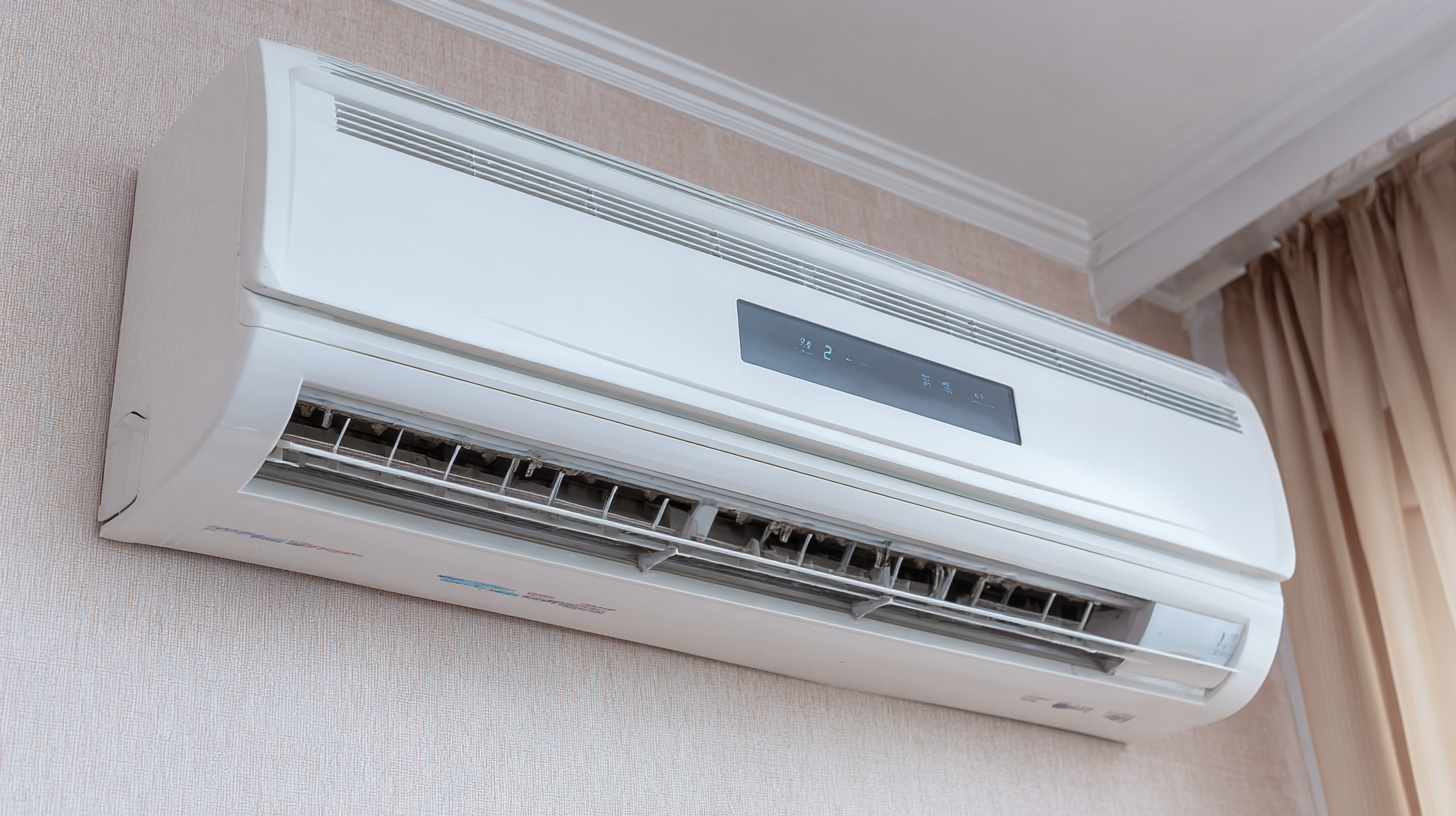
For those with respiratory issues or allergies, opting for a filter with a MERV rating of 13 or higher can be beneficial. A report by the American Society of Heating, Refrigerating and Air-Conditioning Engineers (ASHRAE) emphasizes that high-efficiency filters can remove up to 98% of airborne particles. However, it's essential to balance filtration efficiency with airflow. Higher MERV-rated filters can restrict airflow, leading to increased energy costs and potential strain on your HVAC system. Regularly checking the filter's condition and replacing it as needed can help maintain an efficient and healthy indoor environment.
When it comes to air conditioning systems, the type of filter you choose can significantly impact air quality and system efficiency. HEPA (High Efficiency Particulate Air) filters are renowned for their ability to capture 99.97% of particles as small as 0.3 microns, making them ideal for households with allergy sufferers or residents prone to respiratory issues. These filters excel in trapping dust, pollen, pet dander, and even certain bacteria, thus providing a cleaner indoor environment.
On the other hand, standard filters, often made from fiberglass or polyester, are designed to protect the HVAC system by trapping larger particles like dust and debris. While they are less effective than HEPA filters in terms of air purification, they offer a more affordable and easily replaceable option for those seeking basic filtration. For homeowners without significant health concerns, standard filters can maintain adequate air quality without putting extra strain on the system. Ultimately, the right choice comes down to individual needs—whether prioritizing high-level filtration or balancing cost and efficiency.
This chart compares the effectiveness of HEPA filters and standard filters in capturing various sizes of airborne particles.
Activated carbon filters play a crucial role in enhancing indoor air quality by efficiently capturing odors and harmful pollutants. Recent industry evaluations have shown that well-designed air purifiers featuring activated carbon can significantly reduce volatile organic compounds (VOCs), smoke, and unpleasant odors, making them essential for households concerned about air purity. In fact, air purifiers equipped with activated carbon filters have demonstrated effectiveness in removing particles as small as 0.01 microns, providing a barrier against both gases and particulate contaminants that contribute to respiratory issues.
According to comprehensive testing conducted on multiple air purifier brands, units equipped with activated carbon filters excelled in removing pollutants such as pet dander and allergens. These filters are particularly beneficial in homes with pets or during allergy season, where indoor air quality can dramatically deteriorate. A prominent report indicated that households using these specialized air purifiers observed up to a 60% reduction in airborne allergens within just a few hours of operation, emphasizing the importance of selecting the right filter for effective air purification.
When it comes to choosing the right air conditioning filter for your home, conducting a cost-benefit analysis is essential for any homeowner. Different types of air filters vary in price and efficiency, and understanding these differences can save you money in the long run. For example, while HEPA filters are typically more expensive upfront, they excel at capturing allergens and particulate matter, leading to improved indoor air quality. This could reduce health-related costs linked to allergies or respiratory issues.
Tips: Always check the MERV rating of filters to ensure they meet your home’s specific needs. A higher MERV rating means better filtration but could also restrict airflow if your system isn’t designed for it. Additionally, consider the lifespan of each type; some filters need to be replaced monthly, while others can last up to a year, impacting overall maintenance costs.
In addition to initial costs, remember to factor in the energy efficiency of your HVAC system when selecting a filter. A filter that clogs easily will force your system to work harder, increasing your energy bills. Choosing the right filter can strike the right balance between efficiency, cost, and the health of your family, making your investment worthwhile.
